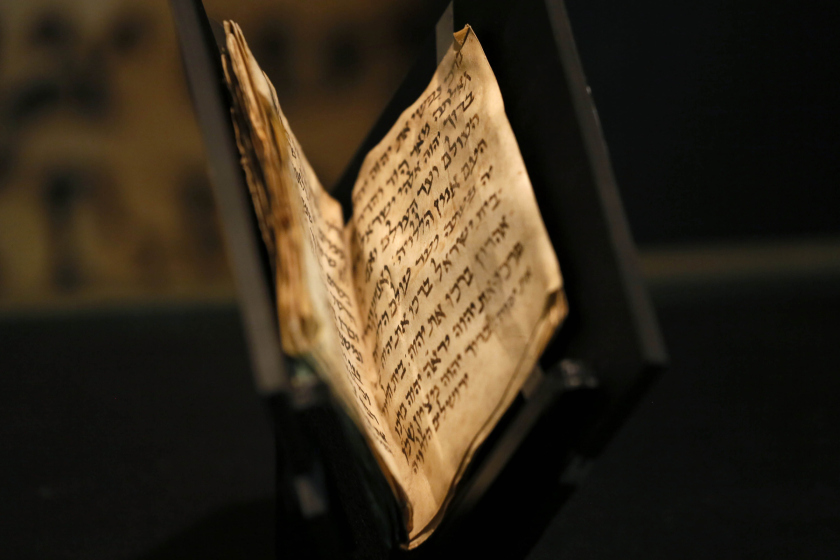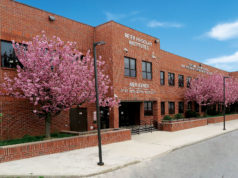 Scotland is perhaps the only country in Europe to have no history of Jewish persecution. Indeed, Jews in Scotland have a rare uninterrupted history, starting in 1290, when Jews were expelled from England under the Edict of Expulsion. There is some history of Jews existing in Scotland prior to the Edict, but no definite record of Jewish communities.
Scotland is perhaps the only country in Europe to have no history of Jewish persecution. Indeed, Jews in Scotland have a rare uninterrupted history, starting in 1290, when Jews were expelled from England under the Edict of Expulsion. There is some history of Jews existing in Scotland prior to the Edict, but no definite record of Jewish communities.
The majority of Jewish immigration to Scotland appears to have occurred post-industrialization, and after the union of England and Scotland into the United Kingdom in 1691. After the union of the two countries, the Jews in Scotland were subject to various anti-Jewish British laws.
The first proper Jewish congregation was not established until 1816, in Edinburgh. This congregation is still active today, and is one of the largest Jewish communities in Scotland. Another community was established in Glasgow in 1823.
The Glasgow community grew quickly. When the first synagogue was established, it was in a first floor apartment owned by the rabbi, Rabbi Moses Henry Lisenheim. Just seven years later there were three Shochets in Glasgow, and the apartment synagogue arrangement no longer sufficed. Thus the Garnet Hill Synagogue was built.
The Edinburgh Jewish community also grew quickly. When it was founded in 1816, it consisted of 20 families. In 1825, the community acquired a tenement in Richmond Court and converted and equipped it for use as a Synagogue with 67 seats. This served the needs of the community for 43 years. By the turn of the century, the community numbered 500 and had acquired a chapel in Graham Street for conversion into a synagogue. In 1909, the Edinburgh University Jewish Society was founded. It is the oldest in Scotland.
Over the years, Jews slowly trickled into Scotland. Some fled persecution in Russia. By 1905, there were over 8,000 Jews living there. Refugees from Nazism and the Second World War further augmented the Scottish Jewish community, which has been estimated to have reached 80,000 in the mid-20th century. Overall, the Jewish population in the United Kingdom peaked at 500,000 but has declined to almost half that number today.
During the 20th century, British anti-Semitism arose in the form of the British Union of Fascists. This organization, however, met with only limited success in Scotland. The group was physically attacked in Edinburgh by Protestant Christians who believed the fascists to be Catholics. In fact, historian William Kenefick of Dundee University has claimed that bigotry was diverted away from Jews by anti-Catholicism, particularly in Glasgow, where the main racist and religious prejudice was against Irish people.
According to the 2001 census, approximately 6,400 Jews live in Scotland, most of whom are in Edinburgh (about 1,000) and Glasgow (about 5,000). Scotland’s Jewish population continues to be predominantly urban.
The practicing Jewish population continues to fall, as many younger Jews either become secular, or intermarry with other faiths. Scottish Jews have also emigrated in large numbers to the USA and England for economic reasons. Only a handful have moved to Israel.



